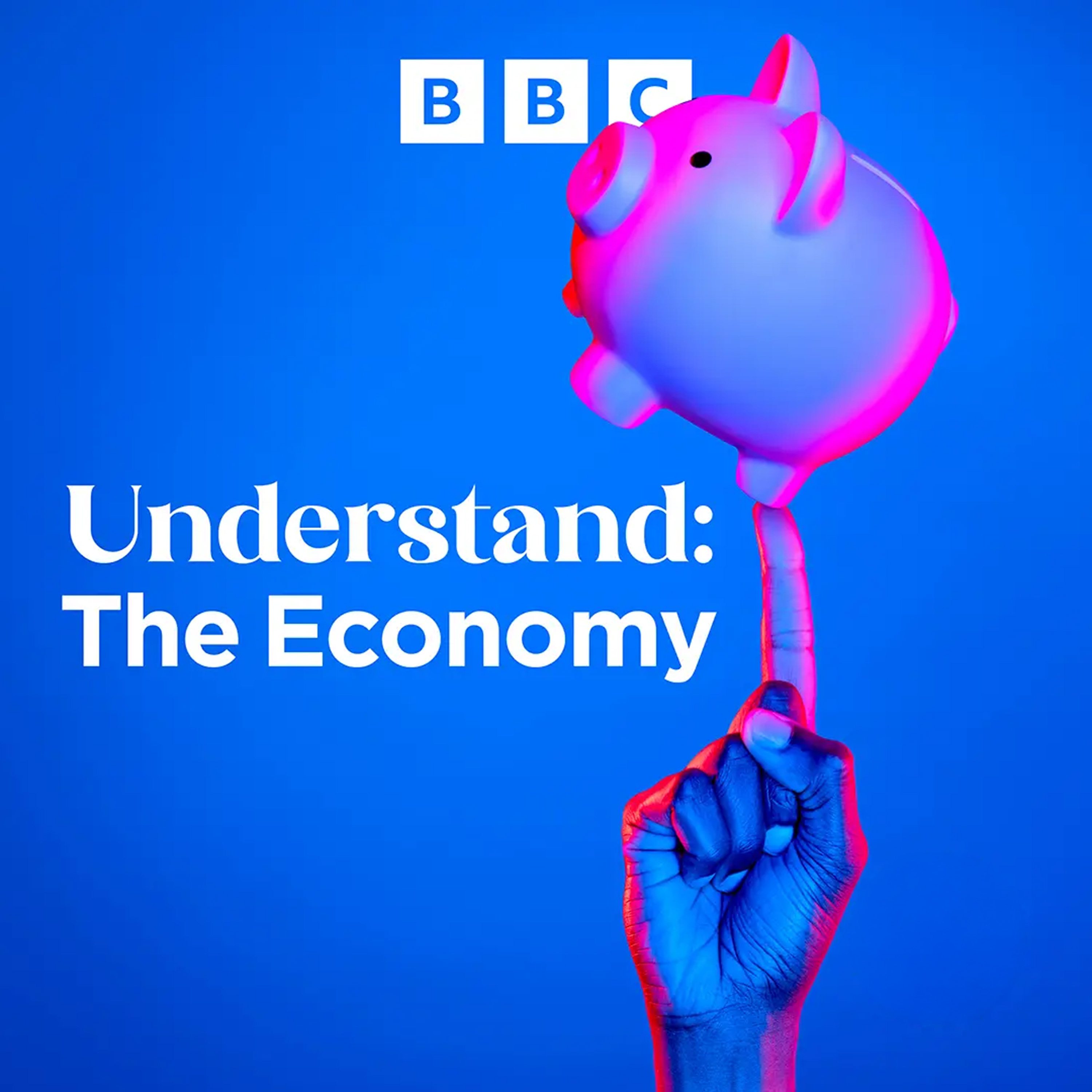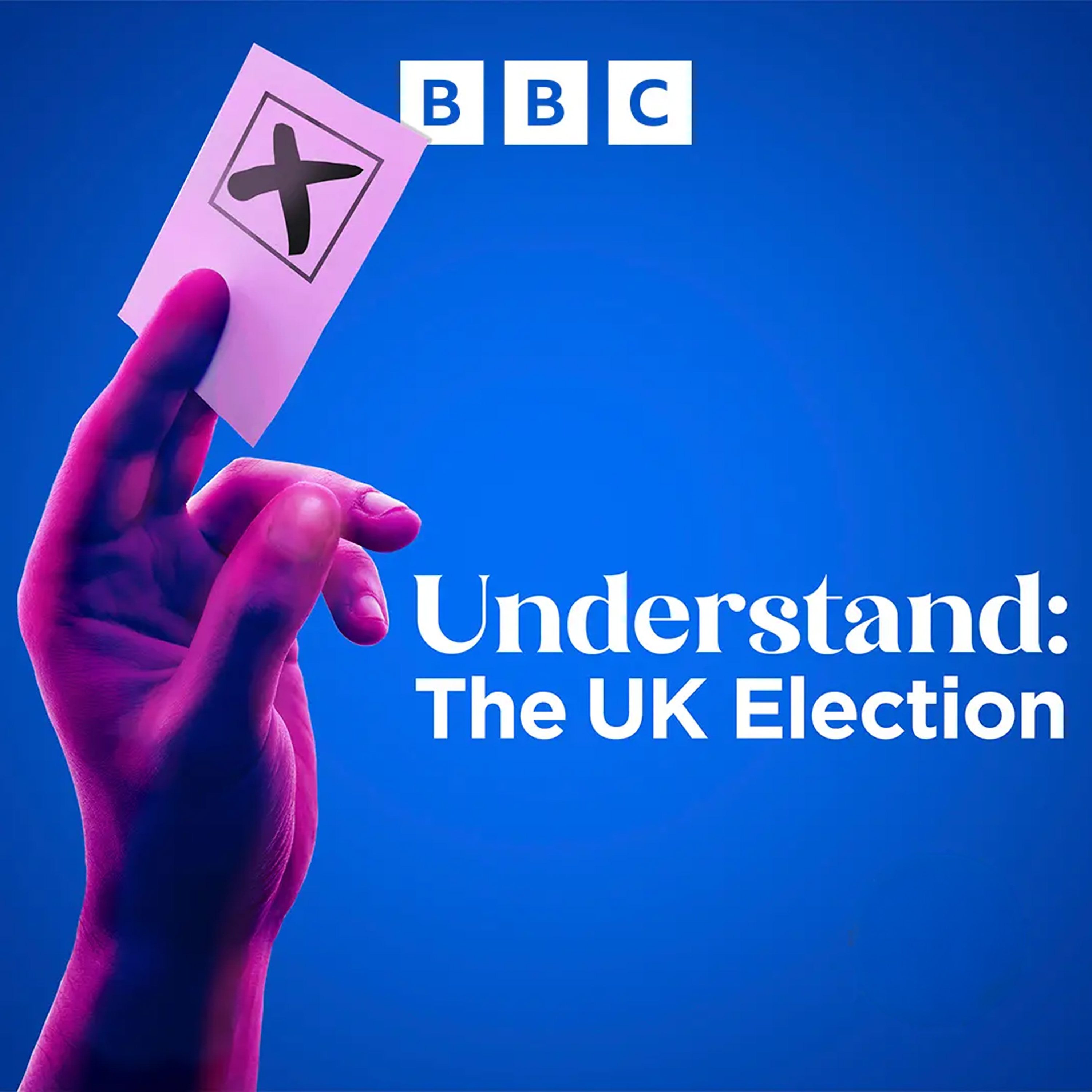The Economy: 4. Bonds, Gilts, Stocks and Shares
Who lends the government money and why? And what exactly does the stock market do? All those people in the movies shouting at the screens are buying and selling something, but what? Tim Harford explains why government debt isn’t always a bad thing and why the prices agreed in a room in London affect the prices you pay for petrol and food. Economic Historian Victoria Bateman tells the story of the East India Company, one of the first companies to ask for money and in return, give people a share of their profits.
Everything you need to know about the economy and what it means for you. This podcast will cut through the jargon to bring you clarity and ensure you finally understand all those complicated terms and phrases you hear on the news. Inflation, GDP, Interest rates, and bonds, Tim Harford and friends explain them all. We’ll ensure you understand what’s going on today, why your shopping is getting more expensive or why your pay doesn’t cover your bills. We’ll also bring you surprising histories, from the war-hungry kings who have shaped how things are counted today to the greedy merchants flooding Spain with silver coins. So if your eyes usually glaze over when someone says ‘cutting taxes stimulates growth’, fear no more, we’ve got you covered.
Guest: Professor Wendy Carlin, University College London and Director of CORE Econ (Curriculum Open-access Resources in Economics).
Producer: Phoebe Keane
Researchers: Drew Hyndman and Marianna Brain
Editor: Clare Fordham
Theme music: Don’t Fret, Beats Fresh Music
A BBC Radio Current Affairs Production for BBC Radio 4
Press play and read along
Transcript
Transcript is processing—check back soon.


